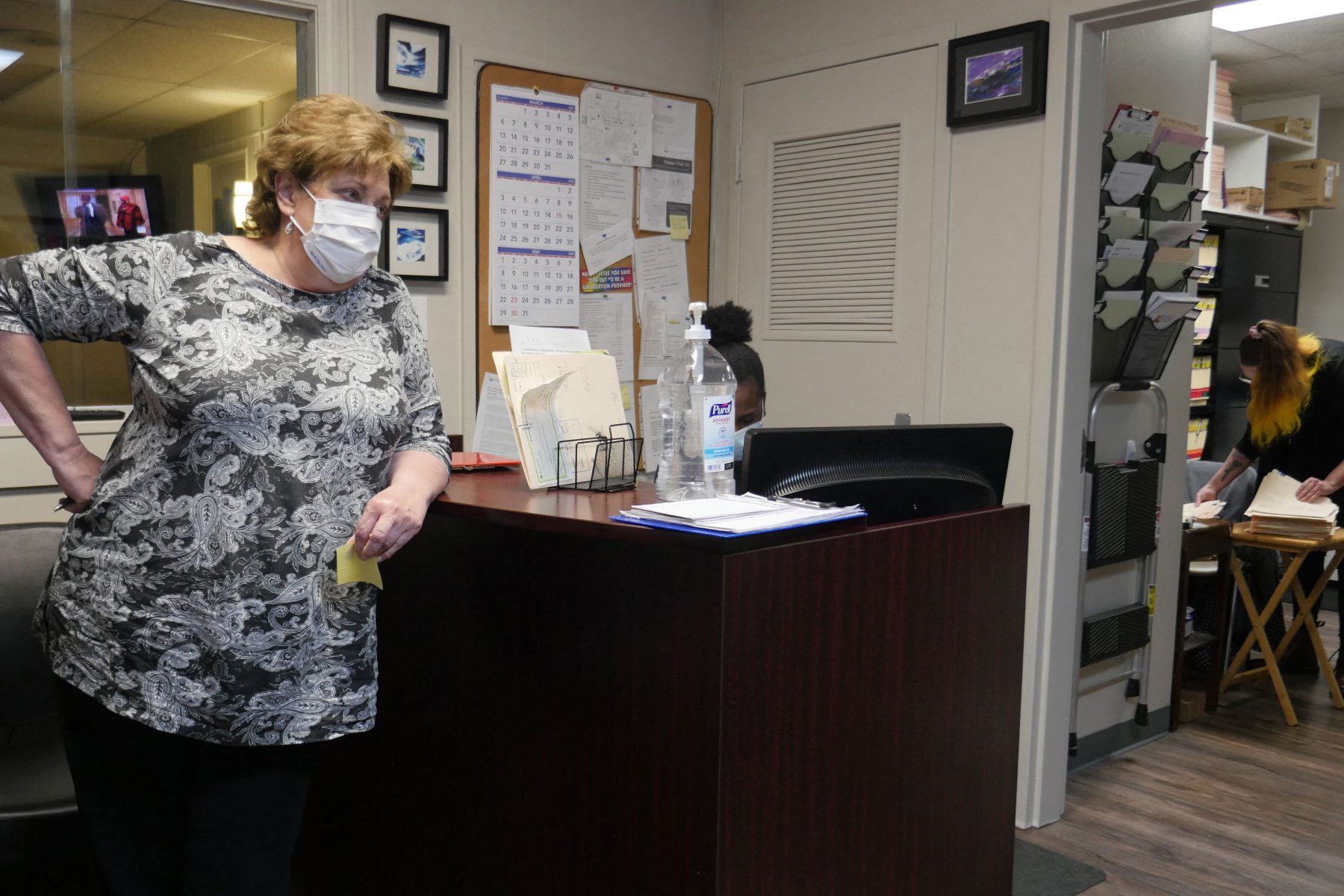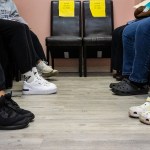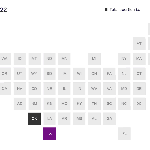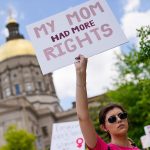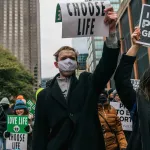Louisiana and Utah’s abortion trigger bans were blocked Monday after lawsuits were filed in separate state courts. A state district judge in New Orleans temporarily blocked an immediate statewide abortion ban until July 8, when the court will consider the legal challenge. A judge in Utah also blocked a ban for the next 14 days after Planned Parenthood filed against its trigger law. More lawsuits are coming in other states with trigger laws and pre-Roe bans on abortion.
As two of the 13 states with trigger laws on the books, Louisiana and Utah had abortion restrictions that would go into effect immediately or shortly after Roe v. Wade was overturned Friday. Louisiana was one of only three states — along with Kentucky and South Dakota — that banned abortion immediately after the Supreme Court’s decision was announced. Utah’s trigger law went into effect Friday night after the decision was certified.
Louisiana state Rep. Mandie Landry, a lawyer who has tried and failed to pass legislation to prevent criminal prosecutions for people who seek an abortion, said it felt like a “Hail Mary pass” when the Center for Reproductive Rights and abortion providers filed a lawsuit on Monday morning.
“It was really amazing to see the court agree that there’s a likelihood that our trigger bans as they stand are unconstitutional,” Landry told The 19th. “So it was a little bit of a welcome surprise. I think there’s going to be a lot of lawsuits in many states, and it’s going to look different per state.”
Louisiana’s trigger law was blocked first, then Utah followed shortly after. Many similar legal battles are underway across the country as last week’s Supreme Court ruling, Dobbs v. Jackson Women’s Health Organization, left the question of abortion access up to states. Similar lawsuits challenging bans have been filed in Idaho, Kentucky, Mississippi and Texas. In Florida, abortion advocates asked a judge on Monday to block a 15-week ban.
For many, these legal challenges are only likely to buy limited time for abortion providers. In the coming weeks, 26 states are certain or likely to move quickly to ban abortion, according to the Guttmacher Institute.
Louisiana Attorney General Jeff Landry, who is not related to the state representative, said on social media following the judge’s injunction that he stood by the state’s trigger law, which was passed in 2006. “We would remind everyone that the laws that are now in place were enacted by the people … We are fully prepared to defend these laws in our state courts, just as we have in our federal courts,” he tweeted.
Going back more than five decades, Landry, the state legislator, said that Louisiana has more abortion-related laws than any state, many of which overlap or apply to the same situations — making it difficult for clinics and doctors to do their jobs.
“They’re a mess,” she said. “They’re chaos, and I dealt with it this year in the legislature trying to clarify some of them … The issue is because we have multiple different laws that talk about a trigger ban or talk about what will happen if Roe is overturned — they’re a little bit different. It’s not clear what it means for clinics, patients, when it happens, how fast and if there are any exceptions.”
At least one of Louisiana’s three abortion clinics said it would re-open its doors on Tuesday, but Landry wasn’t certain the others would do the same and risk the legal repercussions or potential violence that she predicted in the coming days and weeks.
“People just need to be realistic about what’s happening,” she said. “This is a reprieve, but anything that buys time and gets people to listen to what’s going on is helpful. I think so many people, including some of my colleagues and prior legislators, always kind of hid behind Roe — thinking it wasn’t going to be overturned, and now it is. And now they’re faced with the reality of what they’ve done.”
